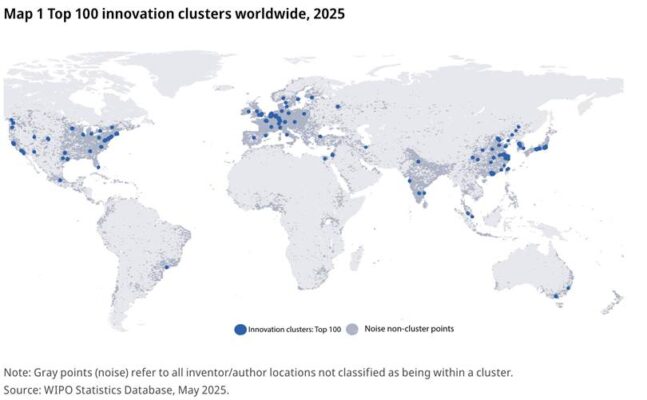Nearly two decades after its first promulgation in 2005, and following three rounds of revisions in 2009, 2019, and 2022, Vietnam’s Intellectual Property (IP) Law has provided a relatively comprehensive legal framework for the protection of IP rights. However, along with the rapid development of science, technology, and international trade, the current system has revealed certain limitations, ranging from cumbersome administrative procedures to weak enforcement mechanisms. In this context, the Ministry of Science and Technology has proposed draft amendments and supplements to the IP Law, focusing on five major policy groups. These are not merely technical legal adjustments but strategic directions that will shape Vietnam’s path toward an innovation-driven economy.

The first policy group emphasizes supporting the creation and commercial exploitation of IP assets. Previously, IP was often seen only as a protective tool; now, the draft highlights commercialization, turning patents, trademarks, industrial designs, and plant varieties into assets that generate tangible economic value. The proposed regulations aim to create a legal framework for licensing, valuation, appraisal, and even the use of IP rights as collateral. This is particularly important as the knowledge-based economy increasingly relies on intangible assets, where corporate value is no longer defined solely by factories and machinery but by intellectual property portfolios.
The second policy group seeks to simplify administrative procedures and facilitate IP registration and rights establishment. Currently, the time required for IP applications in Vietnam remains long, creating challenges for enterprises that want to quickly launch products and services to the market. The draft aims not only to shorten examination, publication, and opposition periods but also to promote full digitalization of the process. Online platforms, electronic databases, and automation will enhance transparency and align Vietnam with global best practices, where IP offices worldwide are moving toward digital-first systems for managing and leveraging IP information.
The third policy group focuses on improving the effectiveness of IP rights enforcement. Enforcement has long been a weak point, with penalties lacking deterrent effect and enforcement resources constrained in terms of technical expertise and coordination. The proposed revisions aim to strengthen enforcement mechanisms, enhance the professional capacity of enforcement agencies, and provide better support tools for businesses—especially small and medium-sized enterprises (SMEs), which are highly vulnerable to counterfeiting, piracy, and online infringement. In the booming era of e-commerce, such adjustments will help Vietnam tackle cross-border infringements more effectively and build greater confidence among international investors.
The fourth policy group ensures full implementation of Vietnam’s international commitments. As Vietnam participates in an increasing number of new-generation free trade agreements such as CPTPP, EVFTA, and RCEP, compliance with high standards of IP protection is not optional but mandatory. The proposed amendments will harmonize domestic laws with international obligations, thereby reducing the risk of trade disputes and strengthening Vietnam’s reputation as a reliable partner. This alignment will also reinforce Vietnam’s position in global value chains and help attract multinational corporations to choose Vietnam as a hub for production and R&D.
Finally, the fifth policy group reflects Vietnam’s proactive approach in updating new global issues in IP protection. Beyond traditional subjects, the draft introduces provisions related to AI-generated creations, genetic resources, traditional knowledge, and digital content. These are emerging issues under active discussion worldwide, and Vietnam’s early incorporation demonstrates long-term vision. By doing so, the IP law will not only address current needs but also enhance adaptability, keeping pace with the rapid evolution of technology and new business models.
Overall, the five policy groups in the draft amendments represent a comprehensive package—from creation, registration, and enforcement, to international integration and anticipation of future challenges. If implemented effectively, they will establish a robust legal foundation for IP to serve as a driving force for innovation, competitiveness, and sustainable integration in the era of the knowledge economy.









Need Legal Advice on Intellectual Property?
Our experienced IP lawyers provide comprehensive services: patent and trademark registration, industrial design, copyright, dispute resolution...
Get Free Consultation